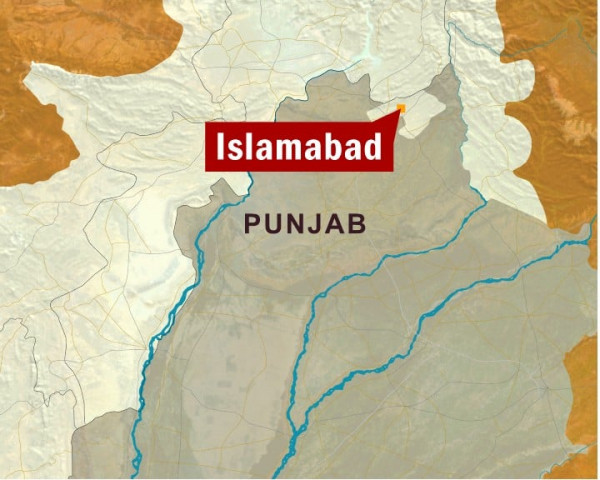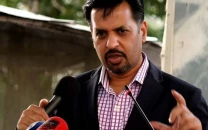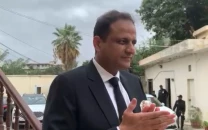‘Electoral reforms needed before next elections’
PILDAT holds a seminar to discuss the dynamics of fair, free and transparent elections .

They expressed these views at a roundtable conference organised by the Pakistan Institute of Legislative Development and Transparency (PILDAT) on “Election Laws (Amendment) Bill 2011” in Islamabad on Tuesday.
Majority of the participants felt that holding free, fair and transparent elections is not possible in the absence of effective electoral laws.
Deputy Chairman Senate, Mir Jan Muhammad Jamali, presided over the conference and said election rules should be made more stringent.
Federal Minister for Law, Justice and Parliamentary Affairs, Babar Awan, said the parliament would consider all suggestions to improve the draft before approving it for review.
“There are many hardships in electoral system, including restriction on women’s vote casting, violence, biradari and intolerance,” he said, adding that Pakistan Peoples Party was in favour of declaring the discouragement of women from voting as illegal.
Farooq Sattar of Muttahida Qaumi Movement (MQM) suggested that electronic voting machines be installed during election process to ensure transparency.
However another senator, also from MQM, disagreed, saying that addressing primary issues like registration of voters in the electoral list and census after five years need to be prioritised.
Tariq Malik, the deputy chairperson of National Database and Registration Authority (NADRA), said that the authority had so far enrolled 84 million people in the electoral rolls, which translates to roughly 93 per cent of the eligible population.
He added that before the next election, NADRA will have designed a system where a person will automatically get enrolled in the electoral list at the time of being issued a Computerised National Identity Card.
Published in The Express Tribune, March 2nd, 2011.



















COMMENTS
Comments are moderated and generally will be posted if they are on-topic and not abusive.
For more information, please see our Comments FAQ